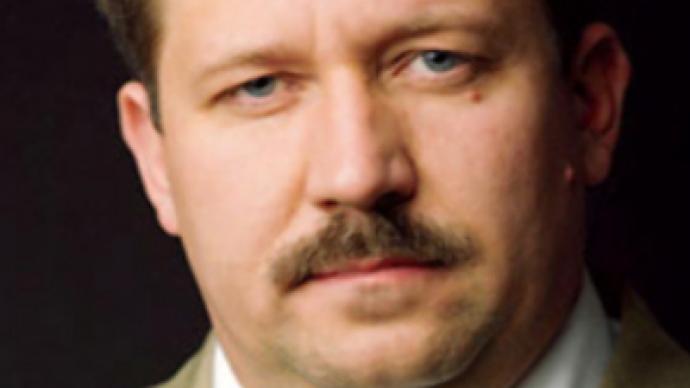Merchant of Death or the Flying Dutchman of U.S. national security?

After months of delay, the court hearing of the extradition case of Viktor Bout, a Russian businessman and an alleged arms dealer, has commenced in Bangkok.
On Monday the Criminal Court of Thailand taught a lesson in sovereignty to the whole world: the first hearing on the extradition of Russian businessman Viktor Bout to the United States of America lasted over twelve hours. It showed everyone involved that the Thai judicial system is not inclined to rubberstamp an extradition just because the U.S. side is requesting it. A friend who spent the whole day in the courtroom told me it was definitely a surprise for the DEA agent who had arrested Mr. Bout in March. He had to occupy the witness stand for five hours explaining something that he must have thought to be a mere formality.
But it was not: the defense team was questioning him, as well as two other witnesses of the prosecution – a Thai Foreign ministry official and a policeman who had processed the U.S. Embassy letter requesting the arrest – how could Mr. Bout's arrest have happened days before a U.S. warrant was delivered to the Thai side? And how could it have happened that the U.S. Embassy and a Thai police unit agreed, with a Foreign Ministry official as the third party to that agreement, to apprehend and arrest Mr. Bout without that warrant, and attempt to charge him with an article from Thai criminal law, 'Accumulation of means in order to assist terrorist activities' when they couldn't have been sure that they would find material evidence?
They found nothing. That's why on April 9 the said police unit withdrew the case for want of evidence. Viktor Bout was released. But by then the U.S. warrant had arrived already, together with other necessary documents. So Bout was re-arrested minutes after his release. He actually never noticed that he was free for a few minutes…
Well, you may say these are all technicalities, and you would be right. But every once in a while technicalities become the only things that make a trial fair. Arrogance with which the U.S. side behaves in the Bout case from the very beginning, obscures a lot of the smaller details of the case. I believe that these details, next to never reported by major media, can somehow prove the whole picture of Viktor Bout, the Merchant of Death and the Lord of War, to be one of the biggest exaggerations of the 21st Century.
The current accusations by the New York City Southern District Court are all in subjunctive mood. If Bout dealt with real FARC operatives instead of DEA plants, if he had in hand a real stash of SAMs (over 100 missiles are mentioned in the indictment), if real FARC operatives bought them, if Bout managed to deliver them to the jungle in Colombia, then they could be used against helicopters piloted by U.S. citizens who might be killed in the process. There is no material evidence, not even pictures of the SAMs that can be traced to Viktor Bout. However the man is facing life in prison for all that!
I suggest we try to be realistic. These accusations may work. But they also may be beaten by a good American lawyer in an American court.
To be continued…
Evgeny Belenkiy, RT
Bangkok – Moscow












